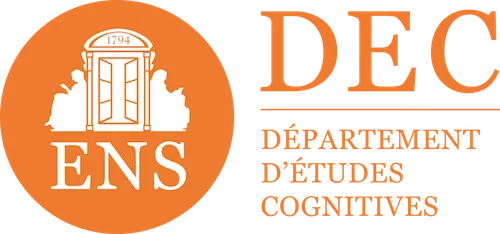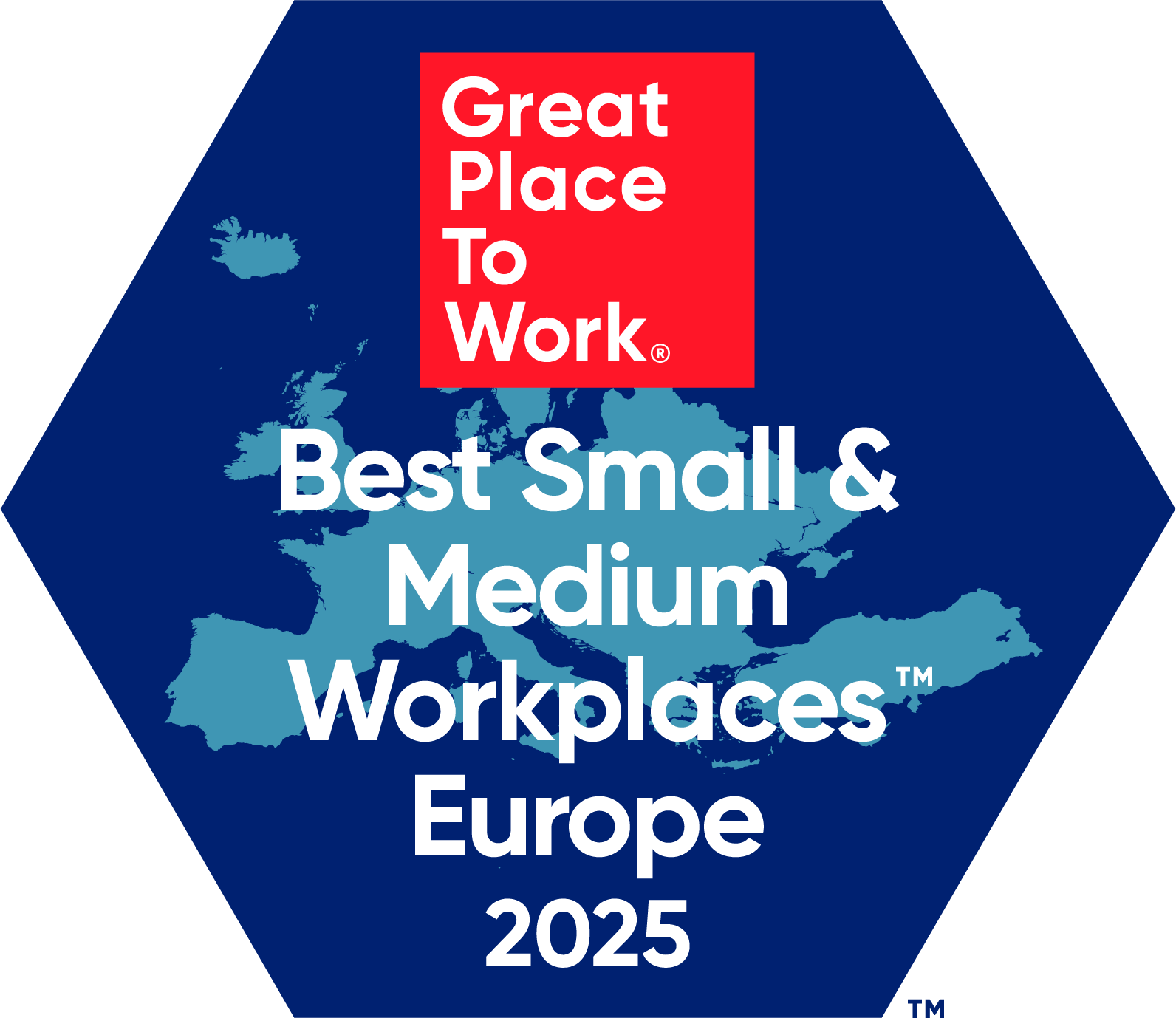

Become a learning organization through cognitive science
Cognitive sciences at the service of learning organizations, the “Learning Enterprises”
We recently came across the excellent article by Sandra Enlart : The formation is dead! Long live the Learning Enterprise! for Les Echos. According to her, new technologies have considerably changed the face of vocational training. Because they provide the employee with a large quantity of data that can be consulted directly when he can mobilize it, but also because they require new knowledge from him to handle the tools of his daily life, training should no longer be an isolated moment in the employee's schedule, but should be an integral component of his “work situation”.
Lifelong learning in a “cognitive society”
For us, this intermingling between learning and work is also the future of continuing education. Indeed, we know that immediately mobilizing knowledge in a real situation allows better memory retention than if it was viewed passively (see also our article on the testing effect). On the one hand because the learner can immediately assess his mastery and, if necessary, update it, and on the other hand because the greater the effort made to acquire knowledge, the better his acquisition. That employees can practice directly in context is therefore the guarantee of real learning.
If we write this, it is not because intuition suggests it to us but because experimentation proves it. This distinction between intuition and experience is crucial for companies, because it is up to them to format content so that its assimilation is real.. Sandra Enlart rightly uses the term “cognitive society”, it is because it is on the cognitive level that these changes are taking place. Perception, attention, emotional regulation, social behavior, the points to be taken into account are as complex as they are numerous and to really understand them, simple intuition is not enough (see also our article on commitment and sustainable learning). Indeed, some attractive theories relayed by the media, such as learning styles, are not proven by experience (2): basing one's training on it represents a loss of money for the company and a waste of time for the employee. On the other hand, some counterintuitive results, such as shared learning, would make a real difference if taken into account.

So how do you find your way around to effectively integrate learning within your company?
We have valuable help available, the cognitive science. A recent scientific field, they have produced a staggering amount of information from experiments conducted in laboratories over more than half a century. Thanks to them, the company has many levers on which to play, on the one hand, learning to train its employees and obtain concrete results, and on the other hand, Learn to learn with respect to its own practice in order to improve it over time (see also our article on the myths of content creation in business).
That companies appropriate these elements of cognitive science, and they will be able to take full advantage of new technologies, and establish a real culture of “lifelong learning” as defined by Sandra Enlart. So we're joining our voices to hers: long live Enterprise Learning and long live cognitive science!
REFERENCES
[1] Karpicke, J.D., & Roediger, H.L. (2008). The critical importance of retrieval for learning. Science, 319(5865), 966-968.
[2] Pashler, H., McDaniel, M., M., Rohrer, D., & Bjork, R. (2008). Learning styles: Concepts and evidence. Psychological Science in the Public Interest, 9(3), 105-119.
Make an appointment directly with our eLearning experts for a demo or simply more information.












